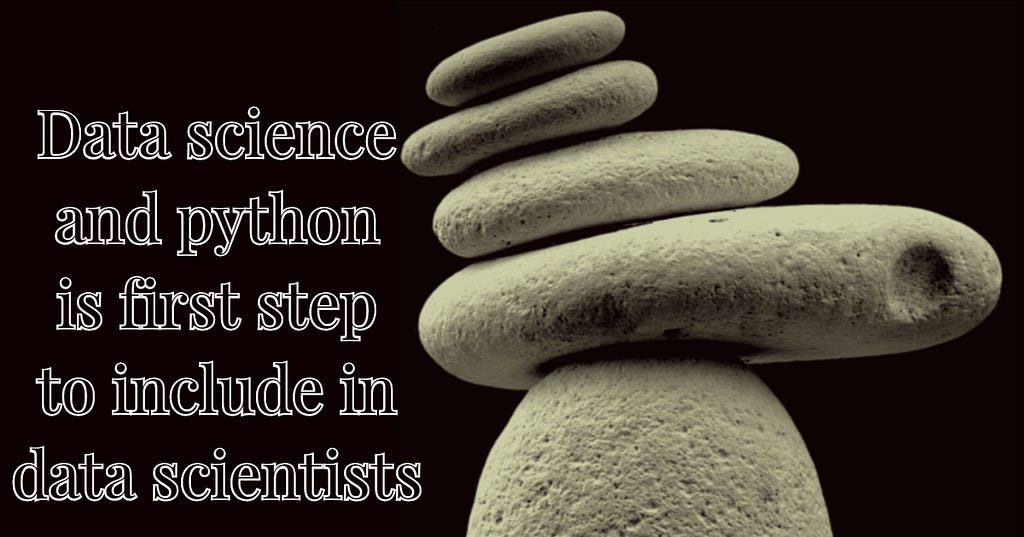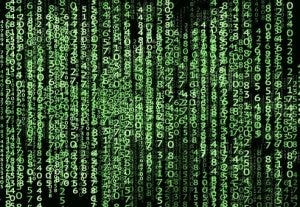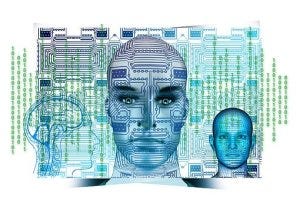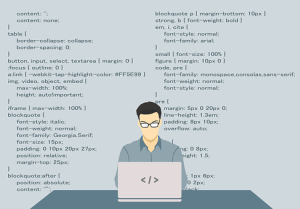Latest news about Bitcoin and all cryptocurrencies. Your daily crypto news habit.

The steadily increasing importance of data science across industries has led to a rapid demand for data scientists. It’s been said that the role of data scientist is the 21st century’s sexiest job title. If you wonder why it has become such a sought after position these days, the short answer is that there has been a huge explosion in both data generated and captured by organizations and common people and data scientists are the people who derive valuable insights from that data and figure out what can be done with it.
If you go through some job advertisements for data scientists, you’ll see that expertise in data science and Python are considered as two of the most crucial skills described.
In this post, we’re going to discuss why these skills are considered must for data scientists.
1- What is data science?
Put simply, the field of data science is all about obtaining insights from data. It involves diving in at the granular level and understanding complicated trends, behaviors, inferences etc. It’s all about discovering hidden insights that can help enable organizations to make informed business decisions.
2- Why learning data science has become immensely important?
Today, data science has become an integral part of operations for a diverse range of industries and there’re reasons behind it. Let’s have a quick look at them.
- The field of big data is constantly evolving and growing, and with a huge number of tools being developed, it’s helping organizations and brands to solve an array of complex problems in a strategic and effective manner.
- One of the biggest advantages of learning data science is that it makes you empowered to derive insights that can be applied to almost every sector. Understanding the implications of the field goes a long way when it comes to analyzing the challenges faced by these sectors and addressing them in a proper manner.
- Implementation of data science technologies and tools helps brands get a solid understanding of their consumers in a much better and effective manner. We know that customers are the base and soul of any brand and they can make or break a business. With the implementation of data science, brands can ensure they connect to their consumers in a personalized manner, which in turn would lead to better brand engagement and increased revenue.
In simple words, you can consider data science as incorporation of different parental disciplines including software engineering, data analytics, data engineering, predictive analysis, machine learning, and business analytics, among others. It includes retrieval, capturing, ingestion, and finally, the transformation of huge amounts of data.
Though retail is the field where the effectiveness of data science is visible most clearly, it can have far-reaching effects in other fields as well. You can consider, for example, energy, healthcare, finance, and education.
Successful implementation of data science can help organizations meet different business challenges while ensuring the best solutions.
3- Importance of learning Python in becoming a data scientist
If you’re an aspiring data scientist, there’s one question that has to come to your mind — which is the language most used by data scientists. Python — an open source, flexible, object-oriented, and easy-to-learn programming language is the answer. It comes with a rich set of tools and libraries that make the tasks easier for data scientists. In addition, Python boasts of a massive community base where data scientists and developers can seek and offer help.
Organizations that work in the field of data science encourage their teams of data scientists and developers to use Python as the primary language.
The main reason is quite simple — data scientists need to deal with massive amounts of data widely known as big data. With its simple usage and a great set of libraries, Python makes the task of handling big data relatively easier. Take the example of libraries like Keras, TensorFlow etc that help data scientists in developing deep learning algorithms.
In addition, Python can be integrated with other programming languages easily. The applications developed using this language are future-oriented and easily scalable. All of these and more features have made Python one of the most crucial skills for data scientists to master. In short, Python, in the context of data science, has enabled data scientists to attain more in less time.
4- What is a data scientist?
With the emergence of big data, data scientists have become an integral part of businesses, brands, public agencies, as well as non-profit organizations. These are the people who work tirelessly to make sense of huge amounts of data and uncover relevant designs and patterns in them so that those can be effectively utilized to attain future objectives.
5- The pillars of the expertise of a data scientist
Though data scientists often come from different educational as well as work experience backgrounds, almost all of them share expertise in four fundamental areas that include software programming and computer science, statistics and probability, business domain, and communication skills. There’re lots of other skills that are highly desirable sometimes, but the previously mentioned ones are the primary requirements.
6- Key goals of a data scientist
If you want to understand the true importance of the above areas that help a data scientist stand out of the pack, you need to understand the typical goals they try to attain with their initiatives. Let’s have a look at some common goals of data scientists.
- Pattern detection and grouping
- Classification
- Actionable insights
- Recommendations
- Predictions
- Optimization and many more
It means that data scientists are capable of coming up with an array of solutions to meet a diverse range of business challenges.
They act as creative thinkers, who’re capable of using high-end technologies and tools to develop solutions, which can be adopted across industries.
Of course, the actual job responsibilities of a data scientist can vary depending on the industry and the organization but the common tasks performed by him or her include data analysis, statistics/modeling, and prototyping/engineering.
7- Key things to remember to become a successful data scientist
Hopefully, by now, you’ve got a clear idea of learning data science and why Python is immensely crucial for becoming a data scientist. However, you need to understand that not everyone, who dreams of becoming one of these elite professionals, succeeds in the endeavor. The problem is that many of these aspiring data scientists don’t actually understand what they should expect during the learning process. Here’re the key facts to keep in mind before you start your journey to become a data scientist.
7.1- The learning path is difficult
Learning data science as well as Python isn’t easy.
You need to gain real knowledge to become a successful data scientist.
So, you must invest your time and energy to master the skills, and you’ve to practice a lot. If you aren’t ready to accept this fact and/or aren’t willing to devote time and effort in the learning process, probably this profession isn’t best suited for you. But if you’re okay with mastering the field of data science the hard way, the learning period of a couple of months will most probably change your life.
7.2- Mastering the skills is extremely important
Just imagine the career prospect of a data scientist and you’ll understand why we’re emphasizing on this. In general, a data scientist gets to enjoy benefits like better job security, higher salary, and better work conditions. Besides, it’s a well-respected position within any organization. The reason is quite obvious.
Thanks to the tough learning path that goes into the making of a data scientist, these data science professionals are difficult to find. No wonder why companies remain in constant search of these professionals and offer attractive benefits to attract the right talent. But you’d only be able to enjoy these benefits when you’re able to prove yourself as a data scientist who can bring value to an organization.
So, during your learning, you need to focus on the core skills related to data science like Python and SQL, basics of statistics, business acumen, data formatting, data cleaning and automation etc. There’re also other important skills like deep learning, artificial intelligence, artificial neural networks etc but they aren’t extremely important at the junior data scientist level. So, when you’re trying to step into the field of data science, it’s recommended to focus on the skills that are must for entering into the field.
Final words
Above all, our best advice to improve your data science skills is to find the thing that motivates you to step into the field.
This can be anything — from doing personal data science projects and taking up online courses to participating in online competitions and attending conferences or meetups.
As a beginner, your journey toward the field has only started. There’re several things to be learned in the field of data science that may take years to master. You should clearly understand that to start your data science career or to become a junior data scientist, you don’t need to master all the skills. Instead, it’s more important to get yourself started, keep on your motivation, and put your best foot forward to succeed in your endeavor.
If you liked this article, I think you might be interested in this one as well…
Is Python certification cost increasing? - Magnimind Academy
More information on this subject can be found here.
Subscribe to receive our top stories here.
Python is First Step to Data Science was originally published in Hacker Noon on Medium, where people are continuing the conversation by highlighting and responding to this story.
Disclaimer
The views and opinions expressed in this article are solely those of the authors and do not reflect the views of Bitcoin Insider. Every investment and trading move involves risk - this is especially true for cryptocurrencies given their volatility. We strongly advise our readers to conduct their own research when making a decision.









